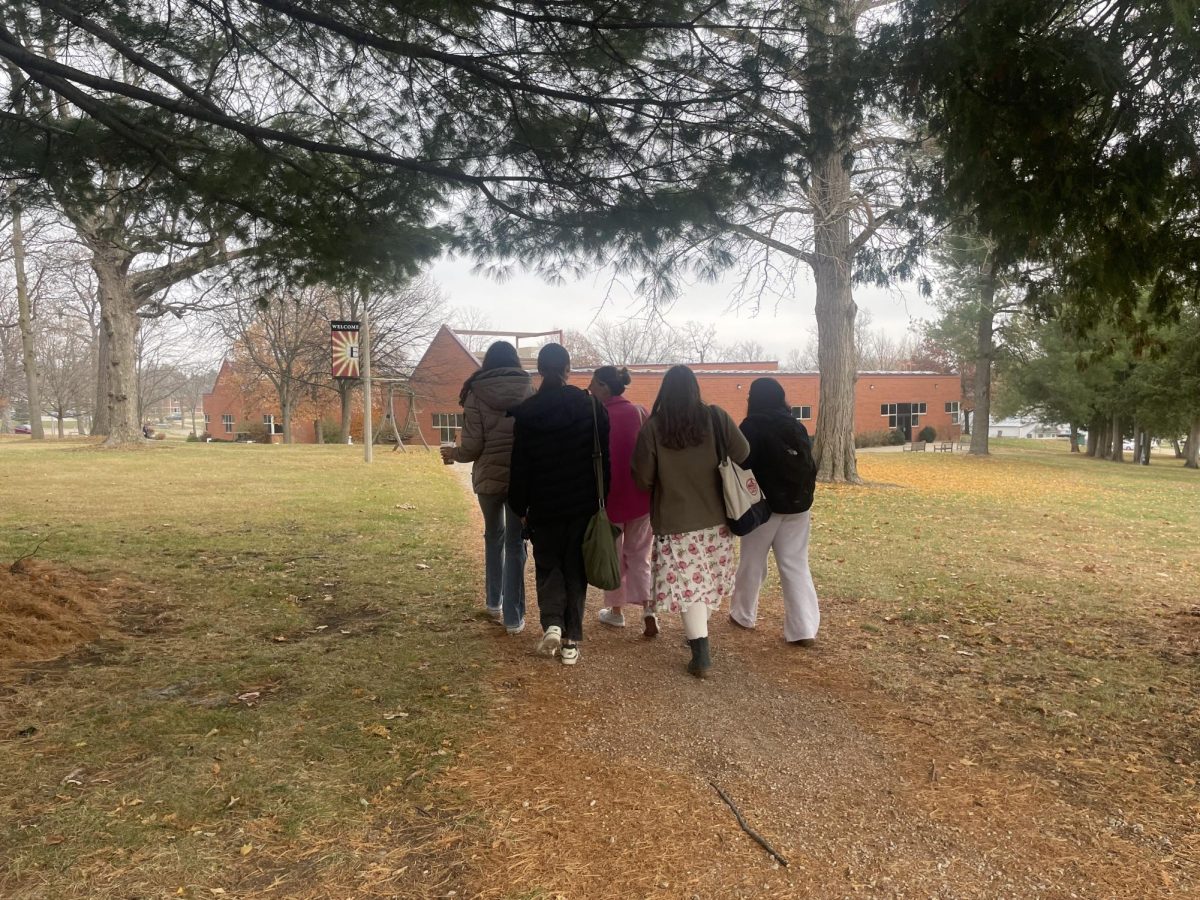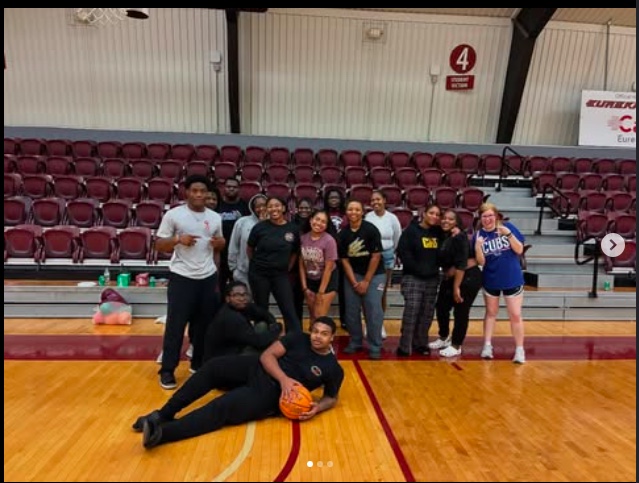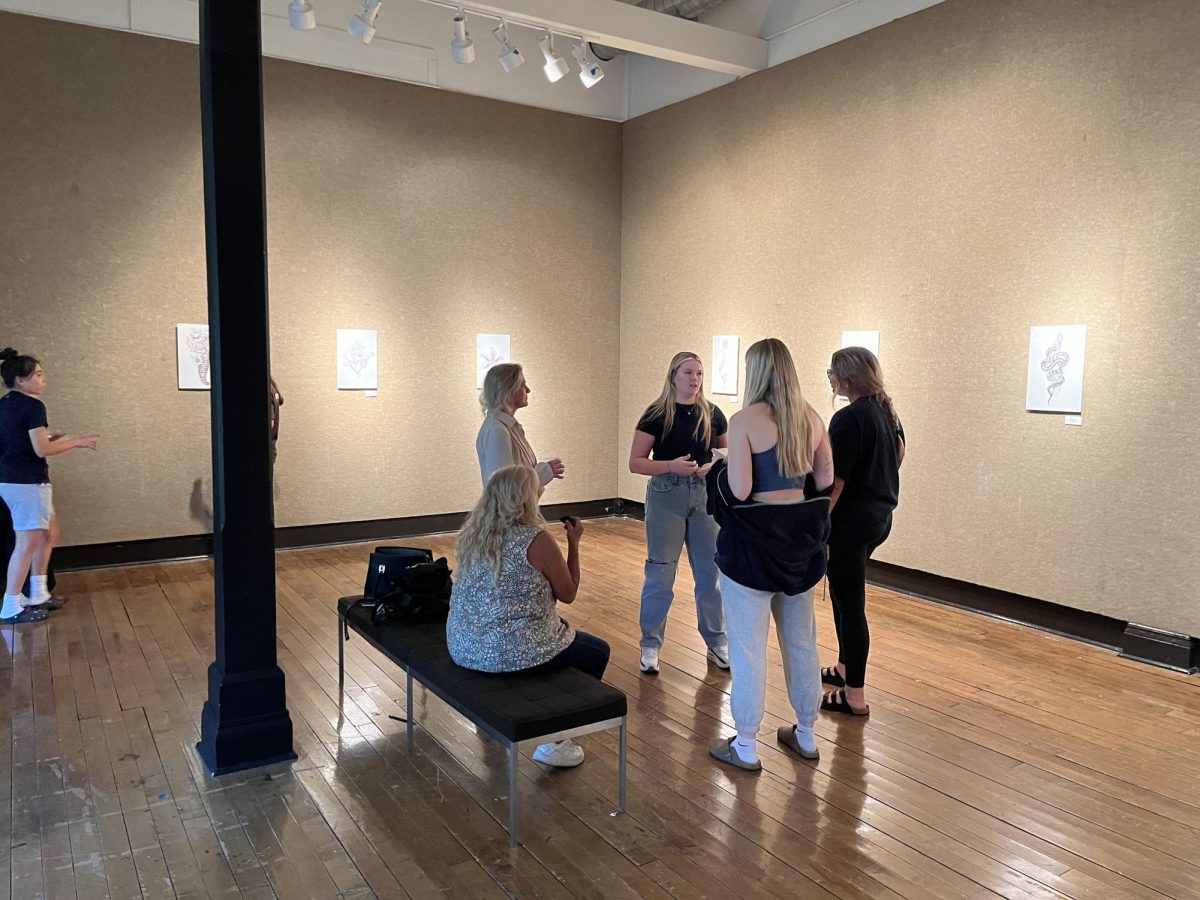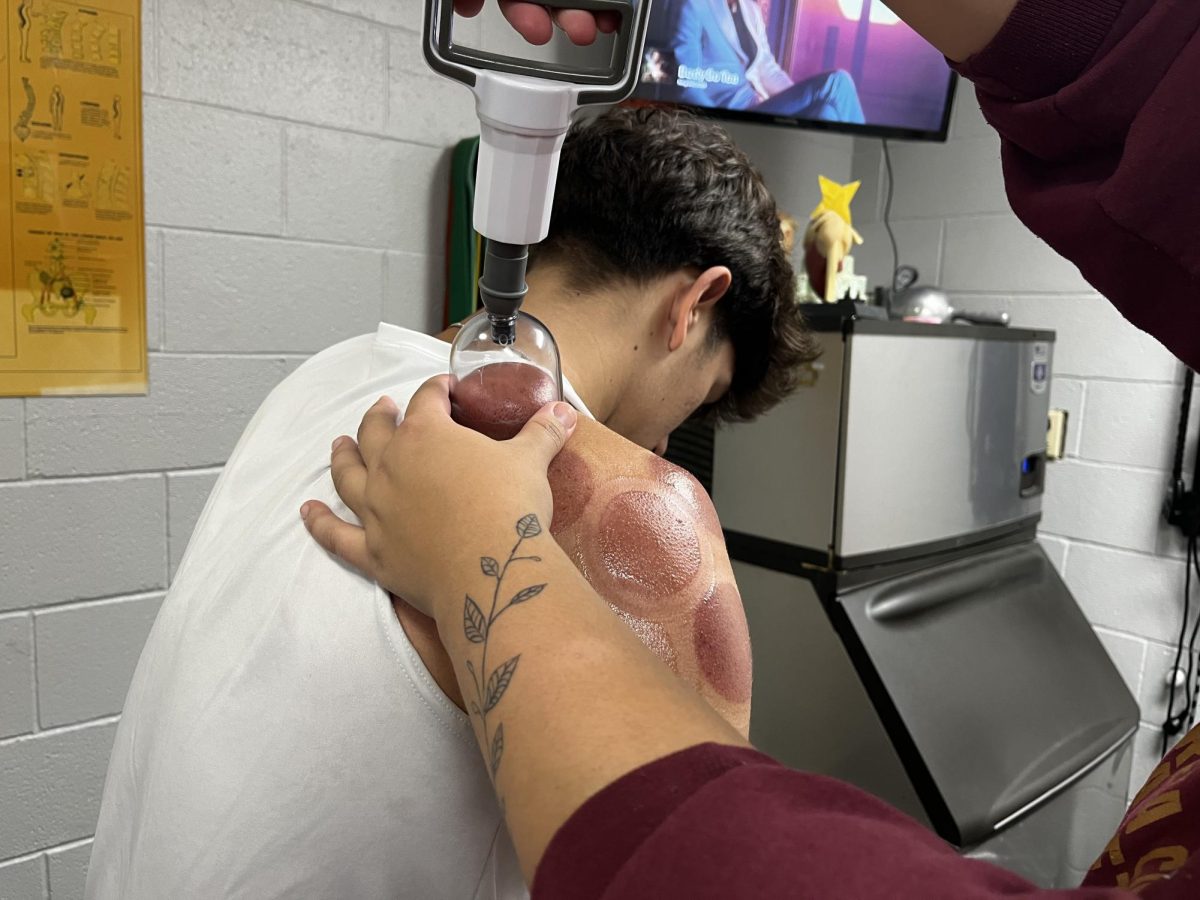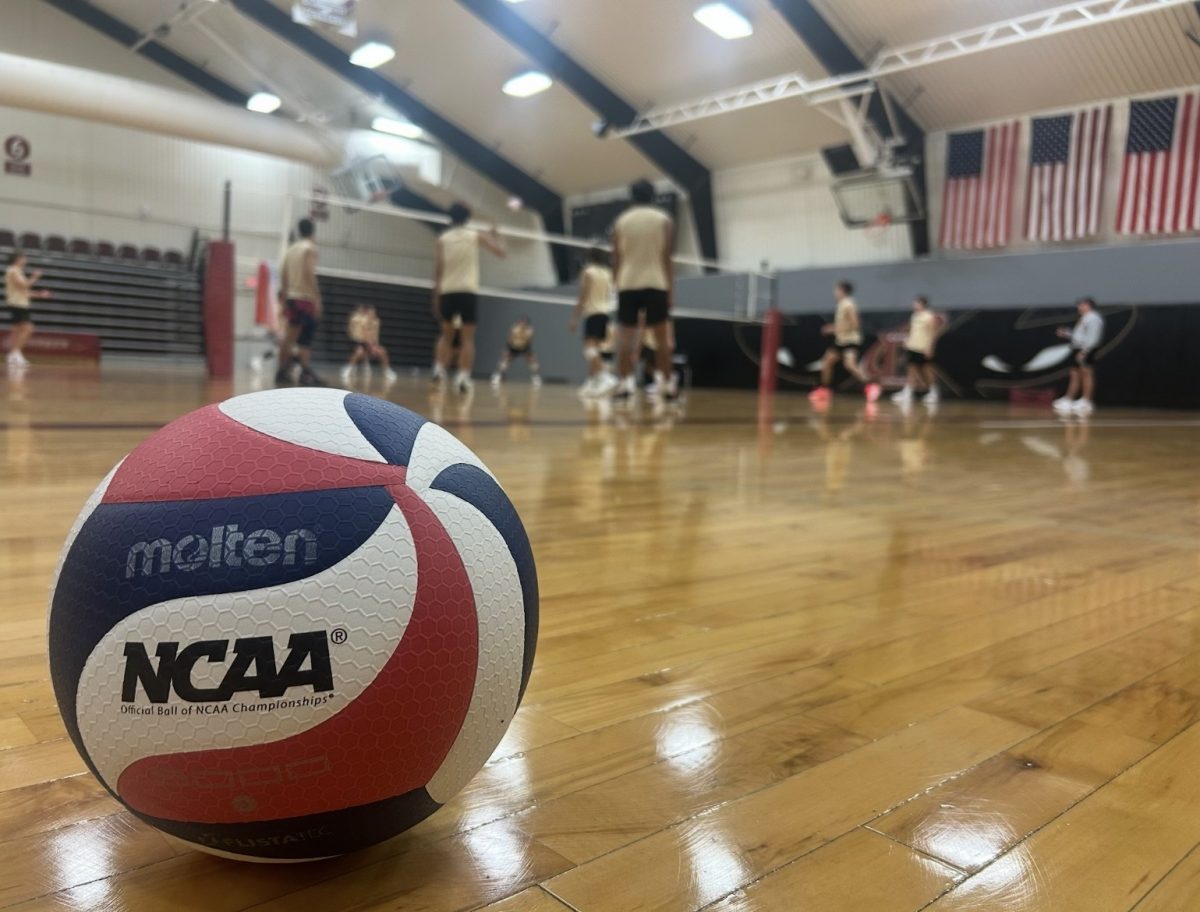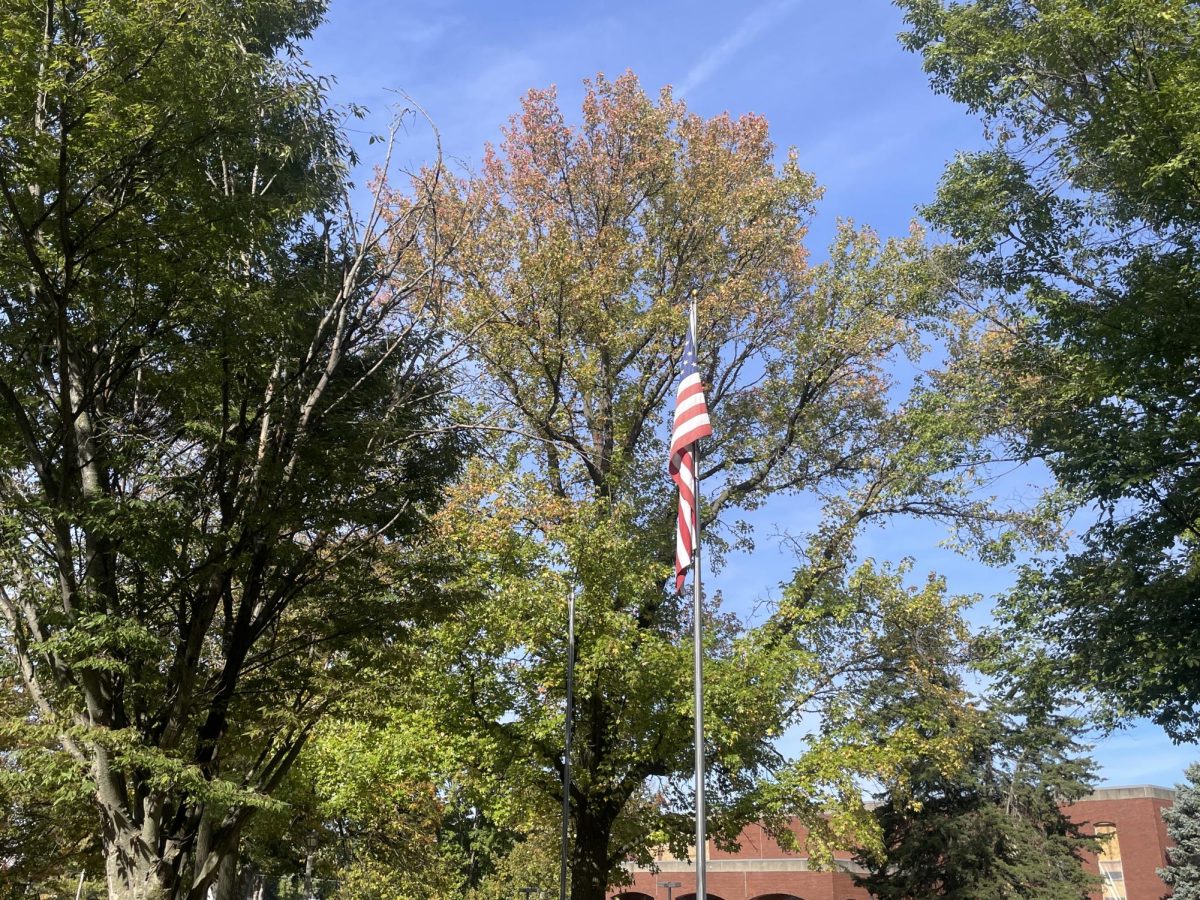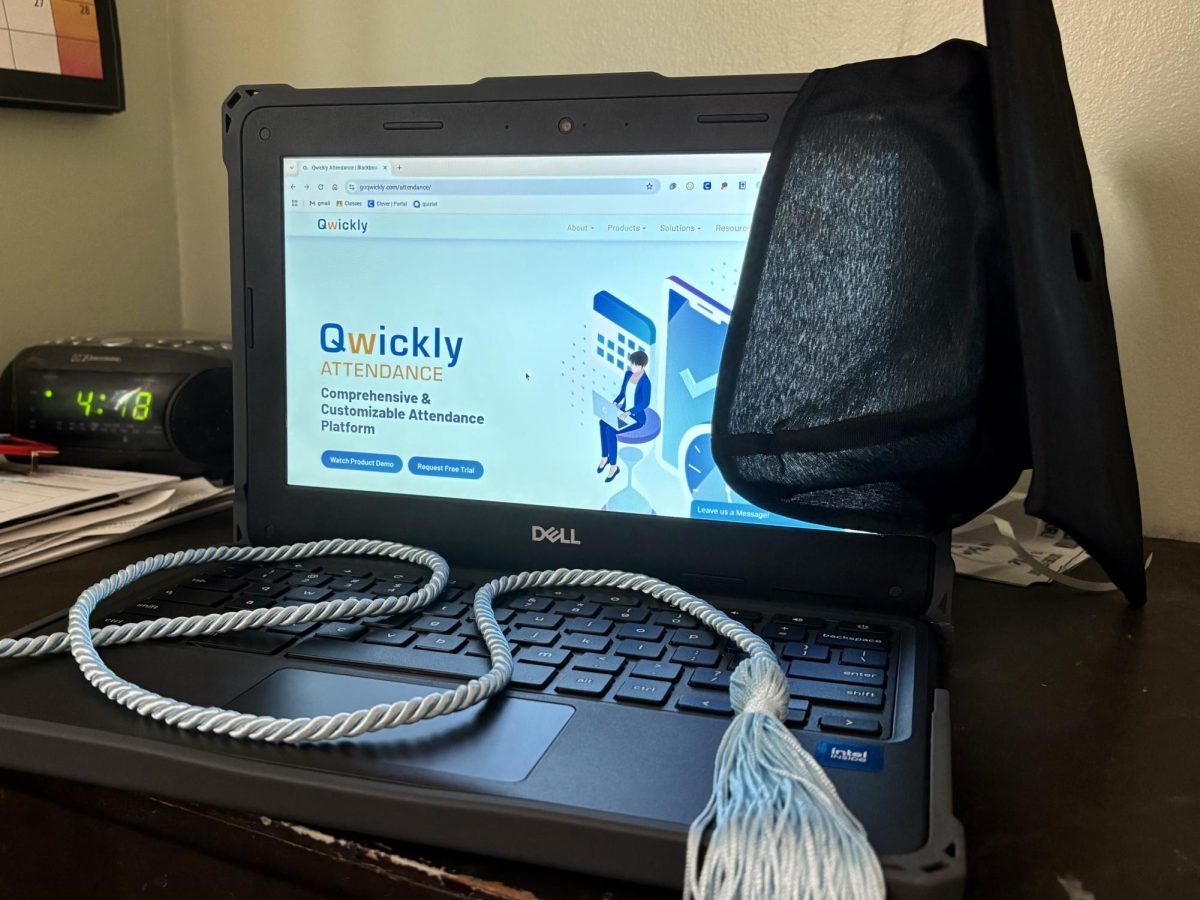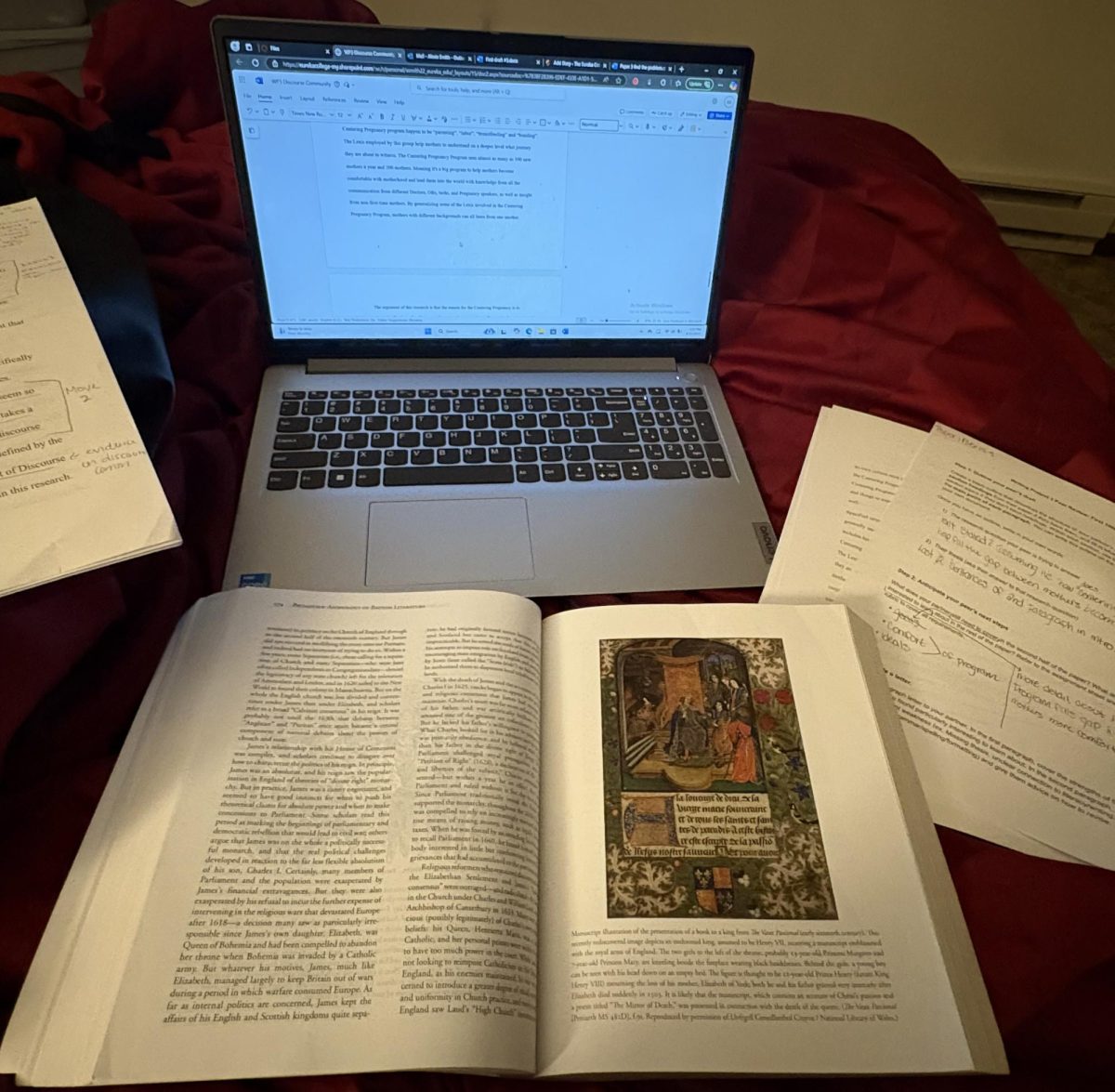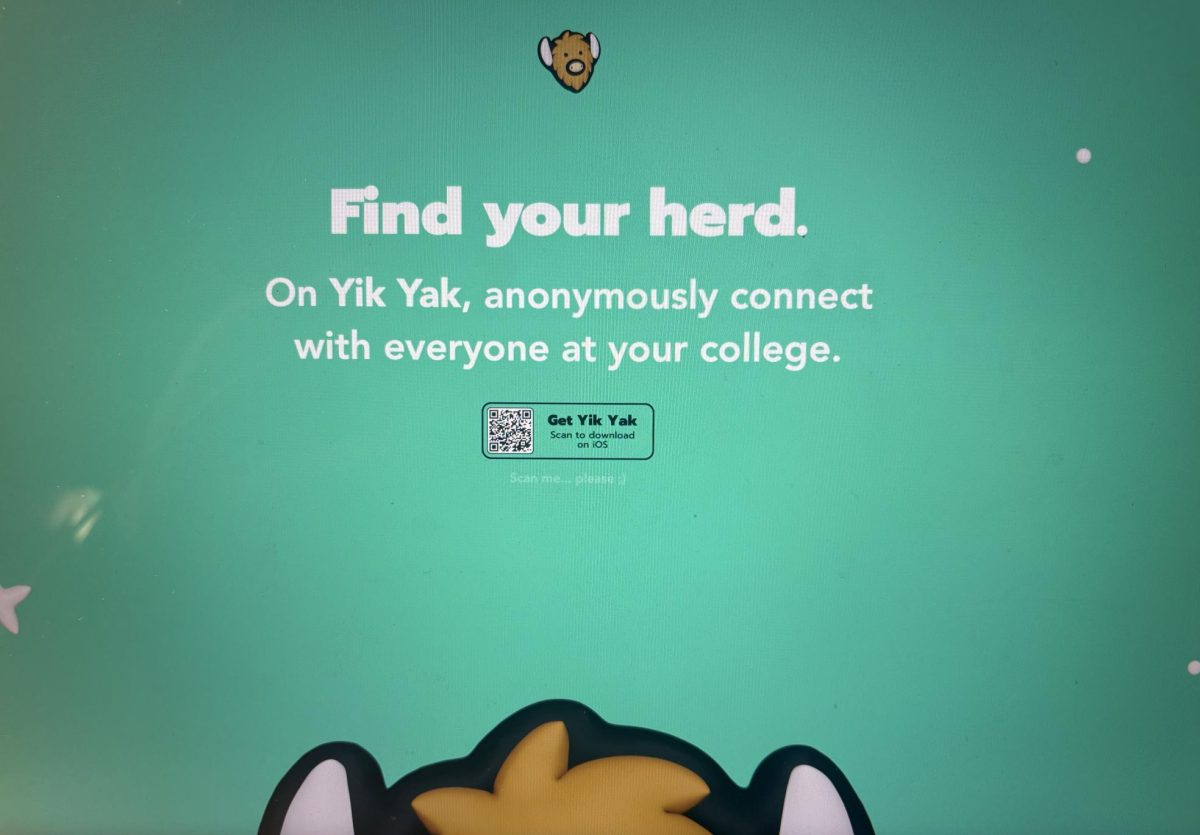Educators play a crucial role in the development of society. Instructors can be a role model to students, or a mentor that some may not have in their lives. Teachers provide the power of education: they push students to be their best, introduce new ideas and topics to young minds, and adapt to the needs of every individual student. Due to gaps in the education system: children, teens, and adults alike struggle with certain skills needed for learning. Professors at Eureka College are determined to change that.
Professor Whitney Carver, Associate Professor and Director of Special Education, says part of her philosophy is meeting people where they are at.
“Part of meeting every student where they are at is recognizing students who may not have a defined disability but still are not academically where they need to be. There are these minor holes that need filled and finding interventions that are appropriate for them and supporting them in that way,” Professor Carver said.
There are different types of learners: some students are facing academic challenges, some need more rigor, and others learn in different modalities. There are kinesthetic learners, who need hands on learning rather than passive learning from a lecture or reading a book. There are visual learners, who learn by reading or seeing pictures. Lastly, there are auditory learners, who learn from hearing and listening. Making adjustments to lesson plans can help each learner better understand the lesson.
“If you’re going into teaching, you go into it because you have a passion to help little students to young students. You have a passion to see that light bulb go off when they learn something new,” Professor Carver said.
This is the same passion that exists in many educators, including Doctor McCune’s former math teacher. Dr. Duce McCune II, Associate Professor of Education and Director of Secondary Education said that his high school Algebra II teacher had a significant impact on him as a student.
“In middle school I repeatedly underperformed in my math classes, most of my classes to be quite honest. My algebra teacher was the first to make me realize that I was holding myself back from achieving what I was truly capable of. She inspired a level of motivation in me that I applied to all my classes. I went from underachiever to consistently maintaining a 4.0 GPA. In retrospect, she may well have planted the seed that ultimately grew into my decision to become an educator,” Dr. McCune said.
Dr. McCune wanted to be a professor since he was in college, but he was indecisive in choosing a field. It was 3 years into his PhD program at Indiana University that he entered the field of teacher education.
“I taught a math learning strategies course as part of my teaching fellowship and was shocked by how much our K-12 school system had failed some of the students in my classes. I decided I wanted to help fix this, so, to cut a long story short, I ended up adding educational psychology to my existing linguistics major and completed a dual PhD in both,” Dr. McCune said.
Carver and McCune both recognized that there were serious holes in the education system and made the decision to do their part to change that. Teachers across the world love seeing that lightbulb light up in student’s heads, but unfortunately it does not make up for some of the struggles that they face.
44% of teachers quit before their 5th year of teaching. The top four reasons listed are due to stress and feeling burnt out, lack of upward mobility in school systems, lack of support, and better financial opportunities. Dr. Carver was very informative on ways to improve this. She explained that if she were asked if “she felt burnt out with her workload during her first year of teaching,” she would have said yes right away. Since it was her first year, she hadn’t yet learned how to balance that. She further explained that as a teacher ages through the system, they learn techniques to help with that work/life balance.
“You’ve gotta learn those right ins and outs of the institution…but then the more time you spend there it becomes easier to balance that,” Professor Carver said.
Lack of upward mobility in school systems is another reason as to why teachers quit before their 5th year. She explained every educator at Eureka College has a teaching license in a variety of things. This is a great way to ensure teachers love what they are teaching, and if they don’t, it is much easier for them to find something else, at the same institution, that they enjoy.
In order to combat the issues of teachers leaving due to lack of support, and for better financial opportunities, Illinois Governor JB Pritzker signed legislation raising the minimum wage for teachers to $40,000 in 2019. This was phased in over the past few years, and this year it has fully gone into effect. This is the first pay increase for teachers since 1980, when the minimum wage was $10,000.
“This new law says to them and their parents, loud and clear, we value teachers. It is on all of us to show (teachers) that we value them and we want them to be able to earn a good living in their communities,” Pritzker said in a signing ceremony in his Capitol office.
By recognizing issues that each individual student is facing, teachers are making sure that students are well equipped and prepared to be successful in their future endeavors. Due to the hard work of educators around the world, they are making a brighter future, one student at a time. Pritzker was able to show how much they do for students by making sure they are adequately paid for the under-appreciated, yet vital work they do. Teachers everywhere should know that their drive and love for their jobs does not go unnoticed.

